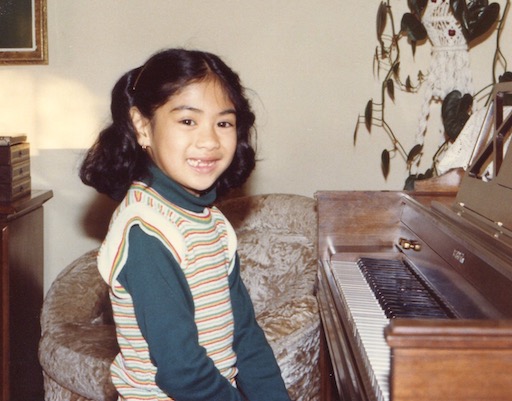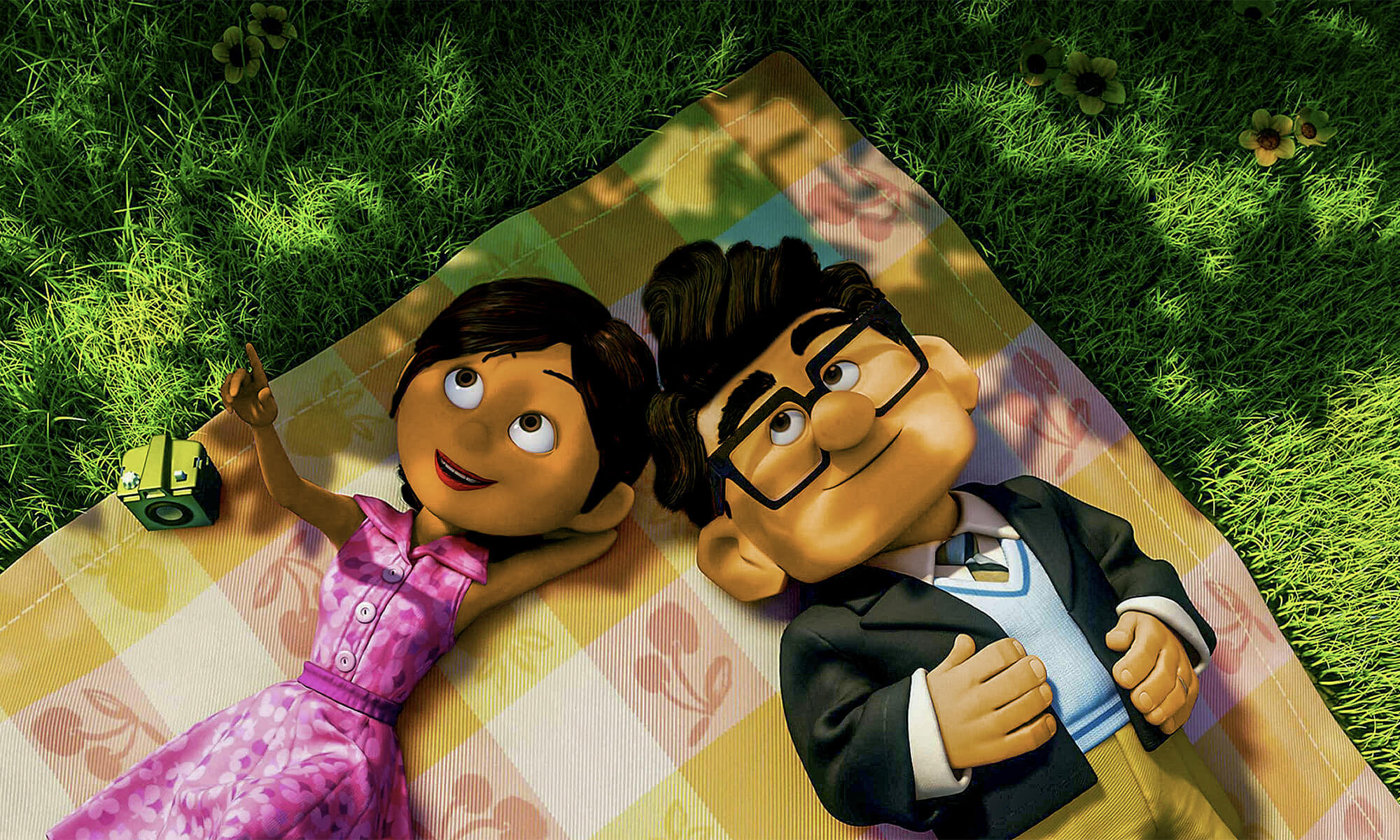Don’t mistake me for a rug, or lamp, or china doll for that matter
Part One in my ongoing series about Asian Americans
I’ve had these thoughts in my head for a while now. And to be honest, I’ve wanted to write them into one cohesive “thought” since I was in my early 20’s. With the recent events in Atlanta and throughout the entire US; now seemed to be the right time to sort all those thoughts and write them down and share it with you.
I warn you now, I have a LOT to say. Rest-assured, I will separate these thoughts into a series of posts. Perhaps, so as to be overwhelmed with what I’m writing. Because I really hope you read the following posts and learn something from them. And perhaps share what you learned with your family & friends.
I’ve overheard people talk about how they do not think the violence against Asian Americans is real. Or they believe that, based on our ethnic culture, we don’t “mind” that such actions happen. But what you see and read in the media today about such hate crimes are absolutely true. As a First Generation Asian-American (well, technically Pacific Islander), I do believe that we (AAPI – Asians and Pacific Islanders) tend to feel that “disconnect” in life-experiences more acutely; we tend to feel torn between two cultures. We tend to say that we live two different lives.
It’s tough having to blend both our AAPI and American cultures together. This is why you’ll constantly hear that immigrants & 1st Gen Asian Americans feel like they live in two different “worlds.” Each culture has a way of doing things, getting the job done. There’s my Filipino heritage; one that has many customs that has been passed down from generation to generation. These things I learned from my parents and aunts & uncles who had grown up in the Philippines.
However, with the American culture, I simply learned along the way. At school there was maybe one or two Asian American kids other than me and my brother. I discovered that my classmates and teachers would routinely perform actions or say phrases that I had never heard or seen before, leaving me bewildered. Yet these same behaviors were normal to them. Growing up with our Filipino family & friends, I felt comfortable enough to ask questions and learn more about my Filipino culture. In contrast, I was afraid to ask questions about “normal” American behavior for fear of being judged. To solve that, I would simply observe my classmates and teachers to determine what they considered as run-of-the-mill everyday stuff. And of course, watching TV shows; I wouldn’t have known that porkchops went well with applesauce until Peter Brady said so. Growing up this way, I felt torn between the differences in culture. It often felt as if I was being torn apart and pulled in two separate directions. And somehow, I had to find a way to cope with this.
That said, my experience (as well as other Filipino friends / family), there is usually that ONE event in our lives (despite our parents’ warnings) where we acutely recognize how different we look from our classmates, and it becomes blatantly clear that we are seen differently in their eyes. I believe that this learned behavior is passed on from parent to child. And I also believe that this behavior usually rears its head when my teachers, classmates and co-workers, when feel that we pose a “threat” to them. But more of that later. I promise.
I’ve shared some of them in previous post, but the one that REALLY opened my eyes was my first summer job.[i] I’ve shared the story before in other posts, but here’s the gist of it. At 14, I was hired at a fast food joint because I wanted to make some extra spending money. I figured it couldn’t be too hard to work a register and take orders. But that’s not what I was assigned. At first it was washing dishes in the back. Then it was being put on the food line, all while other “new hires” got to work the registers and take orders. I had a gut feeling it was because management didn’t want customers to see me.
Needless to say, I lasted 3 months at that place and refused to work there again the next summer. Though I left that situation, I regret not having said something to that manager. Or even the assistant manager, who recognized what was going on.
 Growing up in the 80’s, I was labeled every kind of Asian celebrity out there; from Margaret Cho to Ming Na Wen (in her Joy Luck Club days, not the Agents of SHEILD days). Later it would become Sandra Oh or Lucy Lui. Any other person out there may have thought it was a compliment to be compared to beautiful actresses. For me, those “compliments” felt as if I was just viewed as an object in non-Asian persons’ eyes.
Growing up in the 80’s, I was labeled every kind of Asian celebrity out there; from Margaret Cho to Ming Na Wen (in her Joy Luck Club days, not the Agents of SHEILD days). Later it would become Sandra Oh or Lucy Lui. Any other person out there may have thought it was a compliment to be compared to beautiful actresses. For me, those “compliments” felt as if I was just viewed as an object in non-Asian persons’ eyes.
Which brings me to the next issue: Being called “Oriental.” IMHO, I think that being called “Oriental” feels as if I were an object or a property to be owned; a vase, a rug, a style of decor for example. I feel this way for two reasons:
-
- That term lumps every Asian Ethnicity into one group, when — as of the 2010 US Census data (2020 still not available), there are close to 30 different Asian cultures around the world.
- It’s rude. Seriously, would any other subgroup like German Americans or Italian Americans like it to be lumped as European? Yes, the term “Asian” does the same, but Oriental makes it sound as if I was from a distant land in the East where so many luxurious items could be taken back to the US. Things like jade, gold, porcelain, mah jong (ii). And also, not ALL Asians are in the “East.” There’s a reason that Pacific Islanders are added to the mix, as there are other countries / ethnicities west of Hawaii (the Philippines being one of them).
Yes, I realize the term “Asian” does the same thing. However, being called but Oriental makes it sound as if I was from a distant, came from Eastern World where so many luxurious items could be taken back to the US. Things like jade, gold, porcelain, mah jong. [ii] And also, not ALL Asians are in the “East.” There’s a reason that Pacific Islanders are added to the mix, as there are other countries / ethnicities west of Hawaii (the Philippines being one of them).
I’ve taken many people by surprise when saying that I don’t like the term “Oriental.” By no means do I believe that using the word “Asian” is JUST a “politically correct” term for “Oriental.” I truly believe that if you are going to label a person by ethnicity or race, then get your terms (or even just the correct country) right.
As an RN, I’ve taken care of every age group including WWII and Vietnam / Korean War Vets. [iii] While I’m conscious that “Oriental” was the term they previously used; but, if my Mom can (for the most part) use her iPhone to send emails, chat or even look at the FB app, then I would think that someone can learn how to keep up with other changes in society.
And, oh BTW — did you know that in 2016 a federal law was passed to remove any mention of the word “Oriental” in any federal document? [iv]
(more in Part II)
[i] Well technically it was babysitting. I’m still amazed how parents were confident in me to leave their child(ren) in my care!
[ii] Yes, I know mah jong has been the go-to Asian game (especially when betting is involved) for all Asian ethnicities. Also the mah jong you see as a pesky ad while mindlessly playing games on your phone … that’s not the mah jong that Asians play.
[iii] Interesting anecdote: WW2 vets either despised me or loved to share stories about their time in Asia. Vietnam / Korean vets; however, tended to be more angry and very suspicious (of which I can empathize).
[iv] That is the same law that was passed to strike the term “Negro” in all federal document
